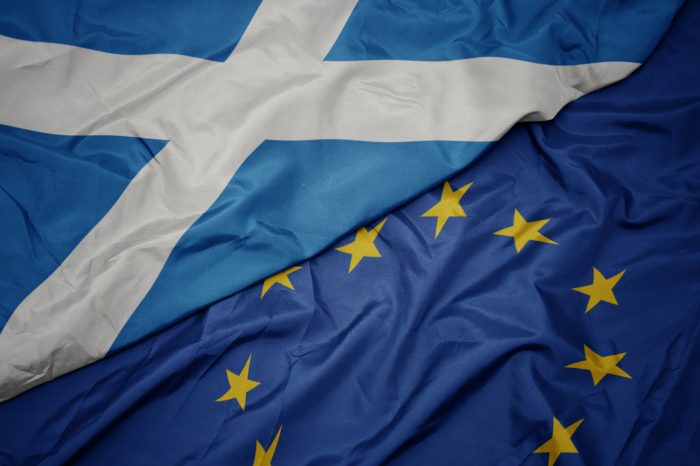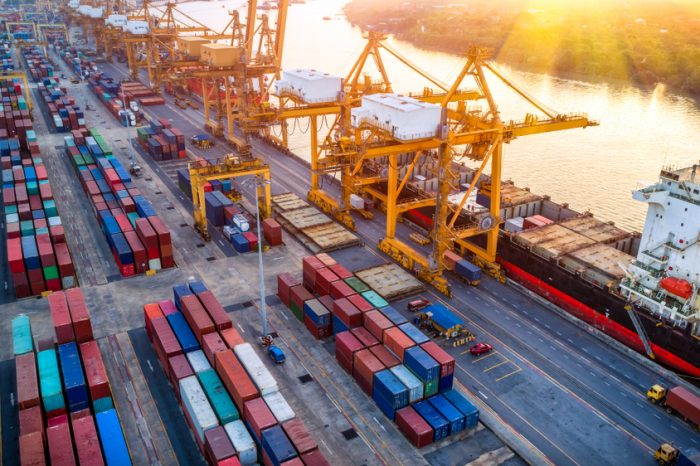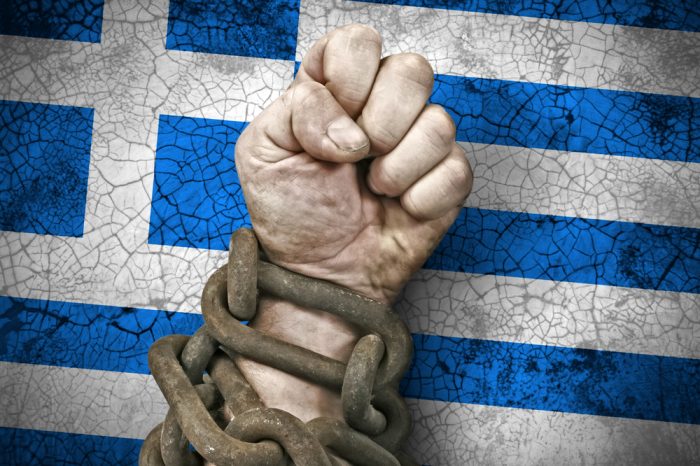Brexit was never an economic proposition
If there is one universal truth about we eurosceptics it is that, aside from hating the EU, we cannot agree on anything. Over the last three years I have had more arguments with Brexiteers than I have remainers – and made more enemies on the Brexit side than remain.
The crucial bone of contention is the mode of leaving the EU. Anything that it not “hard Brexit” is denounced. There are many who believe that Brexit is simple and that there is no cause for delay. I wish that were true. Worse than that, though, are those who know it not to be simple but maintain the pretence that it is. I have no time for intellectual dishonesty.
I am also less enthused by Brexiteers who insist that Brexit is an economic miracle waiting to happen. It isn’t. Trade is a fiendishly complex endeavour and we will doubtlessly have to march double time just to get back to where we are. All of our present trade relations are via the EU and restoring and optimising those links will take time.
Personally I see no reason to make an economic argument for Brexit. It is not an economic proposition – and if there is one thing we can all agree on it is that Brexit is ultimately in the interests of democracy. The economy is entirely secondary.
At one point I might have made the case that Brexit will bring about cheaper food, clothing and much else – but I now have serious doubts about this. Trade in the modern global system is a lot like whack-a-mole and not every thread is one you necessarily want to pull on. There are no sweeping unilateral measures we can take and and every measure we do take will have consequences. Everything we do must be done carefully and with due consideration as to the potential fallout.
If Britain is to make a success of Brexit we will need to seek out sector specific alliances and work through the multilateral system and use collective pressure to bring about the changes we want to see. There is only so much we can do unilaterally.
This is why I believe an Efta EEA Brexit would be the more intelligent path in that Efta with the UK would make the fifth largest bloc in the world and one which could bring to bear considerable pressure on the EU to drop some of its protectionist measures. In some circumstances we are more likely to achieve EU reform from the outside. Failing that, Britain is going to find it difficult going it alone.
There are some who still believe we can pick up where we left off with old allies but the old rule is still the same; twice the distance means half the trade. To an extent the internet and trade in services breaks this rule but New Zealand and Australia are in a different sphere of regulatory influence. We on the, other hand, will still be in the EU’s gravitational pull come what may.
More to the point, any alliances we make must be toward addressing particular problems – and our most pressing being that of the migration crisis where all our efforts must be focussed on those trade measures which best eliminate the push factors in Africa. We are going to have to coordinate our efforts with the EU and we will still need close cooperation in order to make an impact. We may leave the EU but we cannot turn our backs on Europe.
I take the view that Article 50 talks and any subsequent trade talks must not be viewed as a chance to get one over on the the EU. If we play that game we will lose. We have to take a more collaborative approach and for the time being we are in a mode of damage limitation. We should leave the radicalism until we have left the EU. Brexit is radical enough for the moment.
The short of it is that we need to be more honest and realistic about what Brexit will achieve economically. We are certain to take a hit and it is insulting to pretend that we won’t. We all knew Brexit would have economic consequences – and if we are honest, none of us cared. We would have voted to leave regardless.
Primarily our future prosperity depends on fixing our politics here at home. That is what Brexit is about. Our politicians continue to abdicate from their responsibilities, handing to Brussels enormous areas of policy while they tinker on the sidelines. We continue to kick the can down the road on serious economic reform and and we have only really dabbled in “austerity”. Since our politicians have been incapable of making the hard choices, we have forced their hand. Vanity spending will have to be cut, electoral bribes will have to be slashed and white elephants will have to go on the barbecue.
In this we will have a reckoning with the wastrels, posers and charlatans of Westminster. We will have some almighty rows and we will tear the status quo apart. That is primarily what I voted for. I am under no illusions that it will come at great cost, I am as worried as any remainer about what it holds for the immediate future, and I am troubled by the wrong-headed approach to Brexit. All I know for certain is that this is a thing we must do and there can be no turning back.
At heart I am a libertarian. I take the view that every entitlement from government comes as a moral cost – and everything we get from government comes at the expense of certain liberties. There is no greater means of controlling a population than to make them dependent on government.
This is the paradigm we have had ever since World War Two. It has crushed our self-reliance, it has weakened our entrepreneurial flair and it has corroded society in all manner of pernicious ways. It has made Britain a spoiled, selfish and lazy country. It has made us a command and control economy with a cosseted middle class propped up by state spending and our whole economy is a house of cards. A Ponzi scheme. And Ponzi schemes always fail.
This is why Brexit is a revolution. It is the economic and moral revival we have been unable to secure by other means. We will prosper from Brexit not because of any direct consequence of leaving the EU but by tearing down the ossified structures of yore and rediscovering ourselves.
Shortly before the referendum I was out talking to people about Brexit. I asked a lady why she was voting to leave. I told her that we probably would take an economic hit but her reply was quite simple. “Something has to change”. And that is what gives me confidence.
We were not hoodwinked by the Boris bus, we were not fooled by Russian interference or computer algorithms. We went into this with our eyes wide open. Let us not patronise or pretend. Let us say it out loud that this is not an economic venture. This is purely political and the economy must be subordinate to political concerns – otherwise we might as well go the whole hog and abolish elections.
I did not vote for Brexit to spend £350m on the NHS. I don’t think Brexit is a free trade miracle. I just know that our politics is spent and if our politics is spent then so is our economy. We cannot fix the economy until we fix our politics. Let no man or woman interfere with that. If we do not see this through then we are not deserving of prosperity.







